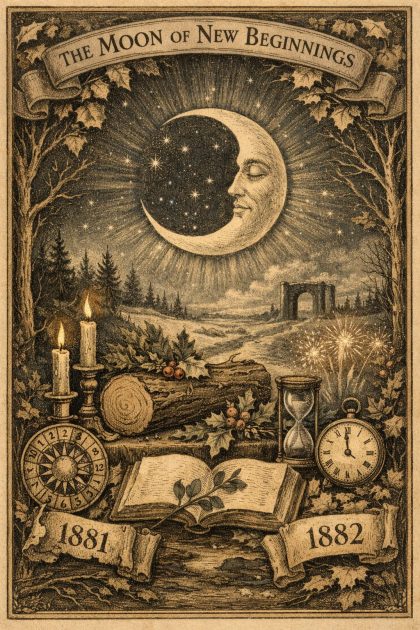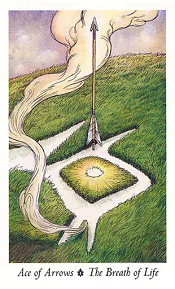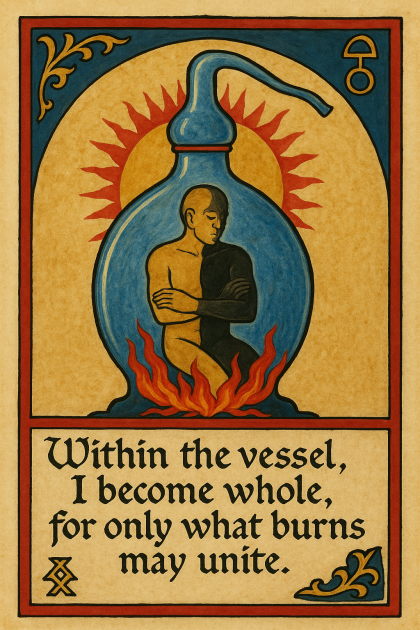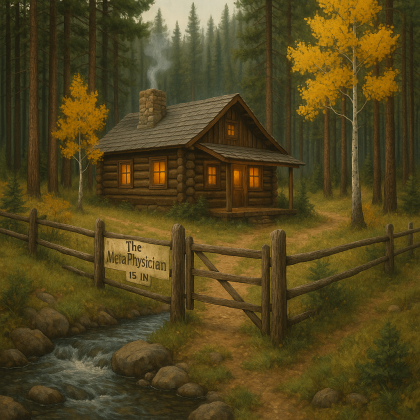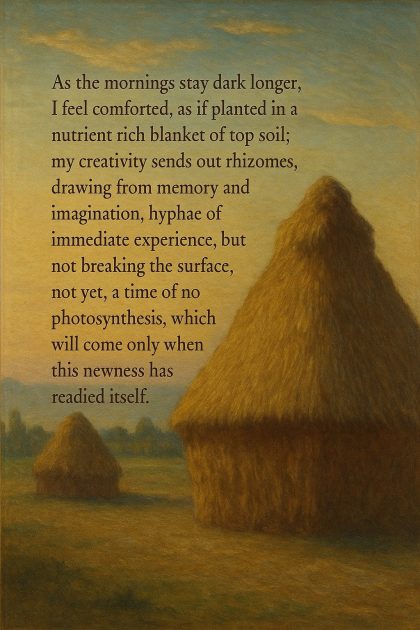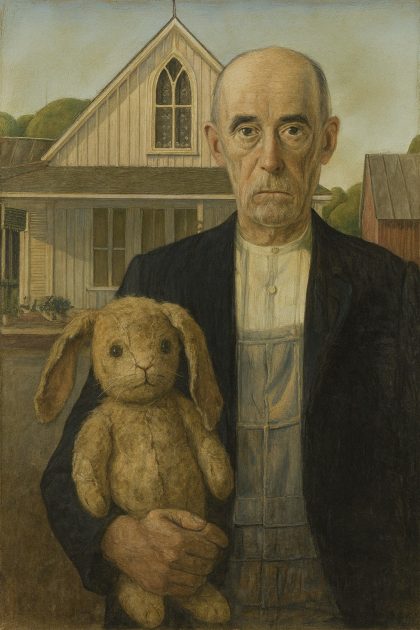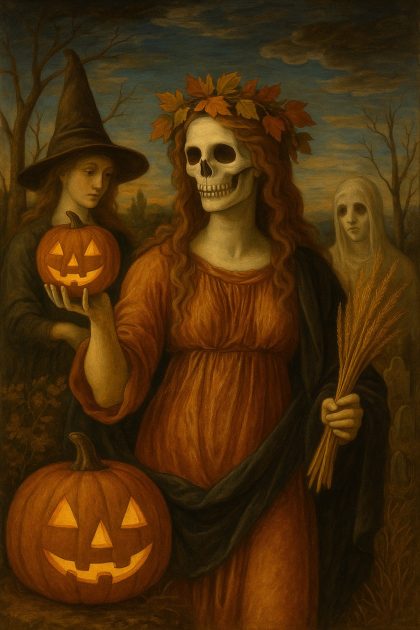Yule and the Moon of Deep Friendship
Friday gratefuls: Shiva Minyan for Dick. Visiting times today. Ellen. Jamie. Russ. Asher. Isaac. Tol. Jonah. Mikaela. CBE. Shadow of the morning. Kate, always Kate. Gabe, looking at college. Minnesota melts ICE. Courage. Bravery. Resistance. Living from your nefesh. Refreshing the soul. Tom. Roxann.
Sparks of Joy and Awe: Cold
Life Kavannah: Wu Wei Shadow, my Wu Wei mistress
Year Kavannah: Creativity. Yetziratiut. “Inspiration exists, but it has to find you working.” ― Pablo Picasso
Week Kavannah: Daat. The Bridge Between Mind and Heart
“If Chokhmah (Wisdom/Inspiration) is a seed and Binah (Understanding/Analysis) is the soil that develops that seed into a plant, Da’at is the nervous system that carries the vital life force from the brain to the rest of the body. It is the point of transition from “thinking” to “being.””
 Tarot: Three of Bows, fulfillment
Tarot: Three of Bows, fulfillment
Meaning: Nourishment from a spiritual source gives inner security and joy. Goals and desires are reached, making life rich with emotional scrutiny and a sense of completion.
One brief shining: Cold Air descends to Shadow Mountain, a Snow Storm comes behind it, offering another reprieve from dangerous Wild Fire conditions; life here at Shadow Mountain home greets the cold and awaits the Snow with joy, displaying, as Mary Oliver put it, stars on our shoulders.
Funerals/Memorial Services: Had an insight about these rituals of remembrance. Yes. Helping family and friends grieve. Yes. Public acknowledgment of a loss and the beginning of a readjustment in the community. Who will we be without Dick. Important work, for sure. And well known.
Another, perhaps more subtle effect. The reinforcement of community norms, what we consider virtues. So, when Marilyn said Dick personified the mussar traits of humility, compassion, gratitude, and generosity, we learned to measure ourselves.
When Jamie said his father hated funerals, it gave us permission to hate them, too. When Russ talked about reading The Prophet with his father, reading and spending time with our parents while they’re alive got underlined.
This is not insignificant. I went to bed last night wondering how I showed up for others. Was I humble? Aware I did not show up for my dad. These tensions between our perceptions of ourselves and the virtues our community values become a growing edge for each of us. No. Not to wallow in regret or to compare ourselves against the life of another, rather to weigh ourselves against our own aspirations, our own behaviors.
Weddings. Swearing in of public officials. Baptisms and bris. Observing holidays. Protests. All have norm setting, norm reinforcing moments. It’s how we learn to be Jewish, American, Christian, Coloradans. Minnesotans. MAGA or progressive.
Just a moment: Nearing the end of Furious Minds, the Making of the MAGA New Right. Dense and scholarly, Field’s points to three main intellectual sources for Trumpism and MAGA. First, Claremont College and Institute, where paleoconservatives and downright scary thinkers gather and push each other further and further to the right. Second, postliberalism, especially the work of Notre Dame scholar, Patrick Deneen, in books like Why Liberalism Failed. Third, National Conservatism, in particular the work of Yoram Hazony as in his National Conservatism, Rediscovered.
We can add Field’s work to the Violent Take It By Force in which Matthew Stafford offers a summary of how the New Apostolic Reformation aided the success of MAGA at the polls and influences the Trump Whitehouse.
Over the next few weeks I’m going to, at times, pull the focus off the latest outrage to discuss how we got here. What are the sources, the political and mass movement impulses that have put us in such a dismal damned place.

